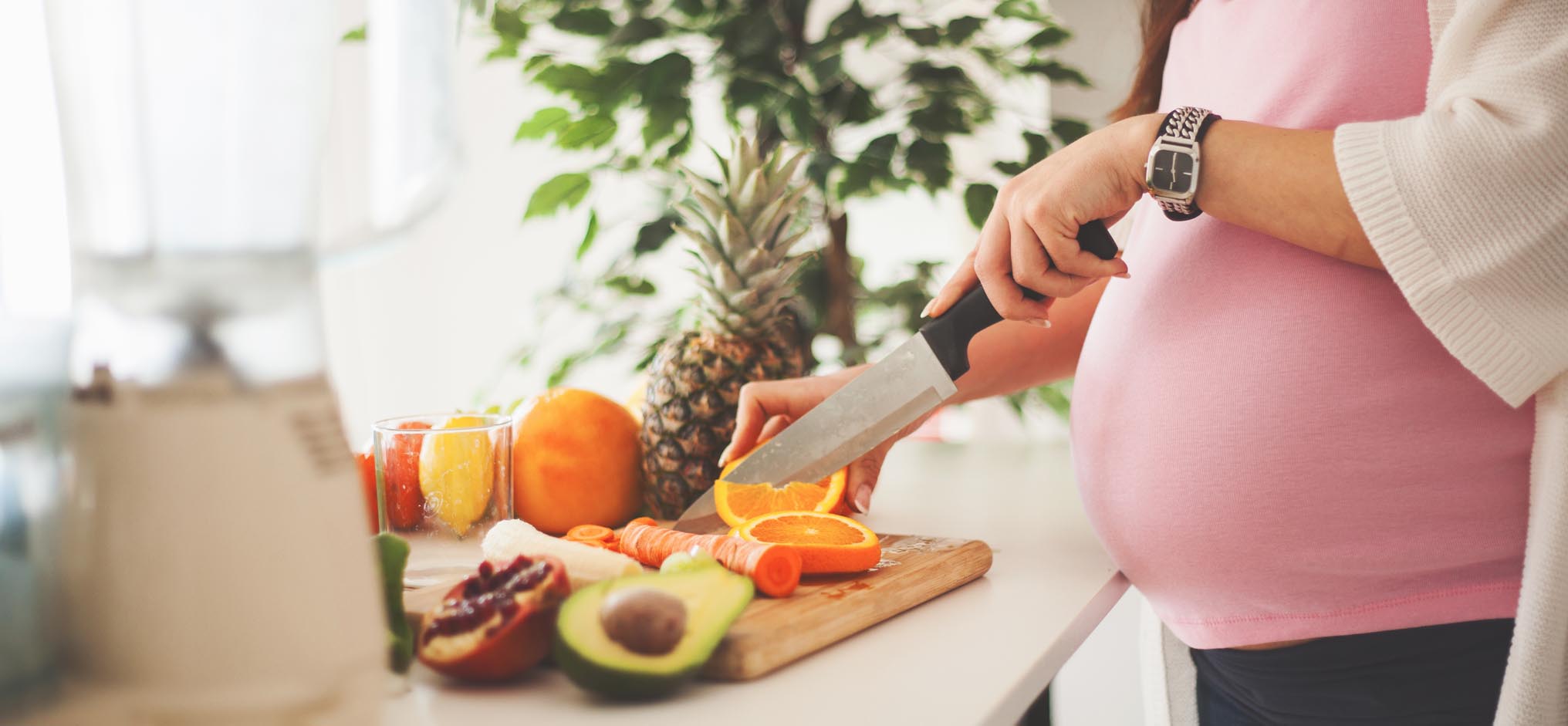
Nutrition
Staying healthy during pregnancy and beyond
Even if you’re already a health nut, you’ll probably need to make some adjustments during pregnancy. And if your health habits weren’t so great before, now’s the perfect time to change them!
While you’re pregnant, your body supplies everything your baby needs to grow. So, good nutrition is especially important.
You need to meet your own nutritional needs, while also supplying the nutrients your baby needs for healthy growth and development. Vitamins and minerals that are especially important for you and your growing baby include folic acid, calcium, and iron.
It is important to eat a well-balanced diet as well as take a prenatal vitamin supplement. You should also drink at least 8 to 10 full glasses of non-caffeinated fluid every day.
What should I know about eating for two?
You only need about 300 additional calories a day when you’re pregnant — that’s about the number of calories you’d find in 1 banana and a 16–ounce glass of nonfat milk. Cut down on sweets like candy, cakes, donuts, and other high–fat, empty–calorie foods.
Remember, while you shouldn’t overeat during pregnancy, it’s important not to diet.
Healthy eating is just as important after your baby arrives, while your body recovers from the hard work of giving birth. Breastfeeding your baby is hard work, too — it burns around 500 calories a day. This can actually help you lose pregnancy weight more easily.
So, unless your doctor recommends something different, don’t start a meal plan with restricted calories until you stop breastfeeding.
What should I avoid when pregnant?
Most foods are safe to eat when you’re expecting, but certain things could harm your developing baby. Follow these safety guidelines, and talk to us if you have any questions:
Foods to avoid
- raw or undercooked meat, chicken, or fish
- deli meats
- refrigerated meat spreads, pâté, or smoked seafood
- large fish (shark, tilefish, swordfish)
- fish caught in local lakes or streams (due to higher mercury levels)
- raw or lightly cooked eggs or foods containing them (including soft–scrambled eggs and fresh mayonnaise)
- soft, unpasteurized cheeses (processed cheese, cream cheese, and cottage cheese are safe)
- raw (unpasteurized) milk
- raw sprouts, especially alfalfa
Activities / Things to avoid
- smoking and tobacco usage
- alcohol and drugs
- caffeine (avoid in first trimester and no more than 200 mg per day after)
- scooping, or otherwise coming in close contact with, kitty litter
- hot baths, hot tubs, saunas, tanning beds
- scuba diving
- activities during which you could fall if you lose your balance, as your center of gravity has changed and will continue to change throughout your pregnancy.
| Calcium-rich foods (1,200 mg daily) | Iron-rich foods (30 to 60 mg daily) | Folate-rich foods (0.6 mg daily) |
|---|---|---|
| Dairy products (milk, cheese, yogurt) | Lean beef, lean pork, chicken, turkey |
Dark green, leafy vegetables (kale, Swiss chard, collard greens, broccoli, and spinach) |
| Fortified cereals or oatmeal | Eggs | Beans, chickpeas, and lentils |
| Almonds | Dark green, leafy vegetables (kale, Swiss chard, collard greens, broccoli, and spinach) | Cantaloupe, honeydew, and oranges |
| Broccoli | Pumpkin seeds and walnuts | Peanuts and almonds |
| Green leafy vegetables (spinach, bok choy, collard greens) | Lentils and other beans | Folate-fortified breads and breakfast cereals |
| Corn tortillas | ———— Tip: To help your body absorb iron better, combine with foods high in vitamin C, such as oranges, broccoli, and strawberries |
How to reach us
Need to make an appointment with your care provider? Feeling something unusual or like you’re going into labor? Want advice about breastfeeding? We’re here for your call.


